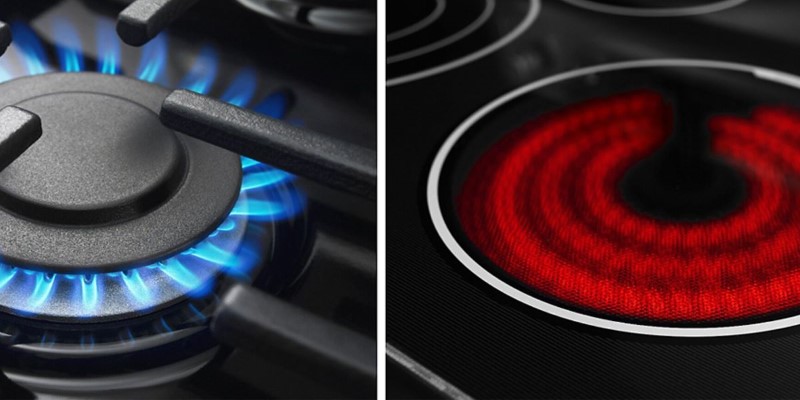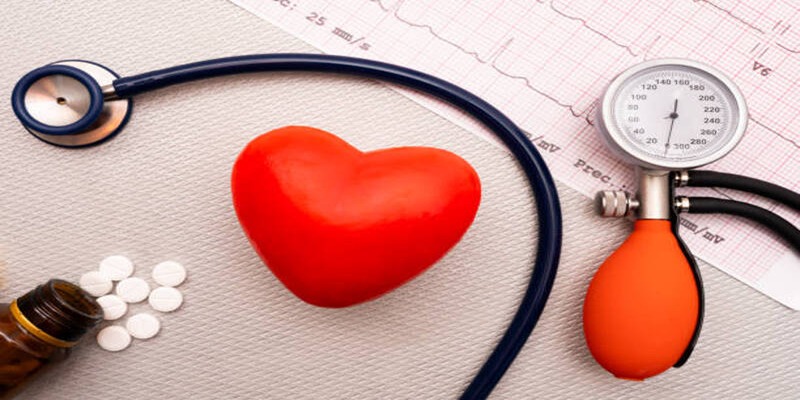Reflux Disease: Causes, Symptoms, and Effective Treatments
Gastroesophageal reflux disease (GERD), commonly known as reflux disease, is a chronic digestive disorder where stomach acid or bile irritates the food pipe lining. This condition results from the malfunction of the lower esophageal sphincter (LES), a ring of muscle that under normal circumstances closes tightly after food has passed into the stomach. Over time, GERD can lead to complications such as esophagitis or Barrett's esophagus if left untreated. Symptoms often include heartburn, regurgitation of food or sour liquid, and difficulty swallowing. Many factors can contribute to the development of GERD, including dietary choices, lifestyle habits, and certain medications. Understanding the causes and symptoms is crucial for effective management and treatment.
Causes of Reflux Disease

There are various factors that can weaken the LES and cause GERD. The most common causes include:
- Excessive weight or obesity: Excess body fat puts pressure on the stomach, pushing its contents up into the esophagus.
- Hiatal hernia: This occurs when a part of the stomach protrudes through the diaphragm muscle and into the chest cavity, disrupting normal digestive processes.
- Certain foods and drinks: Acidic, fatty, or spicy foods as well as carbonated beverages can trigger symptoms of GERD in some individuals.
- Medications: Certain medications such as nonsteroidal anti-inflammatory drugs (NSAIDs), beta blockers, and calcium channel blockers can relax the LES or increase acid production, contributing to GERD.
It's important to note that everyone may have different triggers for their reflux disease. Keeping a food diary and tracking symptoms can help identify individual triggers.
Symptoms of Reflux Disease
The most common symptom of GERD is heartburn, a burning sensation in the chest that may radiate up to the throat. Other symptoms may include:
- Regurgitation: A sour or bitter taste in the mouth as stomach contents flow back into the esophagus.
- Dysphagia: Difficulty swallowing due to damage or inflammation of the esophagus.
- Nausea and vomiting: These symptoms are more common in children with GERD, but can also occur in adults.
- Chronic cough and hoarseness: When stomach acid reaches the throat, it can irritate and inflame the vocal cords, causing a persistent dry cough or hoarse voice.
Untreated GERD can result in complications like esophageal ulcers, strictures (narrowing of the esophagus), and Barrett's esophagus (damage to the esophageal lining).
Diagnosis of Reflux Disease
Diagnosing gastroesophageal reflux disease (GERD) can involve a combination of symptom evaluation, medical history review, and diagnostic tests. Initially, a healthcare provider will assess the patient's symptoms and their frequency to determine if they align with those commonly associated with GERD. A trial of proton pump inhibitors (PPIs) may also be employed to see if symptoms improve, which can help confirm the diagnosis. If further investigation is needed, several tests are available. An upper gastrointestinal endoscopy allows doctors to examine the esophagus and stomach for signs of damage or inflammation and to obtain biopsy samples if necessary.
Another option is esophageal pH monitoring, a procedure that measures the acidity in the esophagus over 24 hours, providing a clear picture of acid exposure and its correlation with symptoms. Manometry can assess the function of the LES and esophageal muscles, offering insights into swallowing and LES closure mechanics. These diagnostic approaches help to accurately identify GERD and differentiate it from other conditions with similar symptoms.
Effective Treatments for Reflux Disease
The aim of treatment for GERD is to reduce symptoms, heal esophageal damage, and prevent complications. Lifestyle modifications and medication are the primary methods used to achieve these goals.
- Lifestyle changes: Losing weight, avoiding trigger foods, eating smaller meals throughout the day, quitting smoking, and elevating the head of the bed can all help manage reflux disease symptoms.
- Medications: Antacids can provide temporary relief by neutralizing stomach acid. H2 blockers or PPIs work by reducing acid production and providing longer-term symptom relief.
- Surgery: In severe cases where lifestyle modifications and medication don't provide adequate relief, surgical intervention may be necessary. Laparoscopic fundoplication is a common procedure where the top part of the stomach is wrapped around the lower esophagus to strengthen the LES and prevent reflux.
It's important to consult with a healthcare provider before starting any treatment plan for GERD. They can provide personalized recommendations based on individual symptoms and medical history, which can lead to more effective management of reflux disease.
Strategies to prevent recurrence of GERD

While treatment can effectively manage GERD symptoms, recurrence is possible if certain measures are not taken. Some strategies to prevent reflux disease include:
- Maintaining a healthy weight: Excess body fat can put pressure on the stomach and contribute to LES dysfunction.
- Avoiding trigger foods and drinks: Identify individual triggers and avoid consuming them to prevent symptoms from occurring.
- Eating smaller meals throughout the day: This can help reduce the amount of food in the stomach at one time, reducing pressure on the LES.
- Managing stress: Stress can worsen GERD symptoms, so finding ways to reduce stress can help prevent recurrence.
Conclusion
Gastroesophageal reflux disease (GERD) is a prevalent condition that affects many individuals, causing discomfort and potential complications if left untreated. Understanding the causes, symptoms, and treatment options for reflux disease is crucial for effective management. By implementing lifestyle changes, carefully choosing medications, and exploring surgical options when necessary, individuals can find relief and reduce the risk of recurrence. Collaboration with healthcare professionals ensures personalized care and enhances the effectiveness of management strategies. Ultimately, with proper guidance and adherence to recommended strategies, patients can significantly improve their quality of life while minimizing the impact of GERD.












